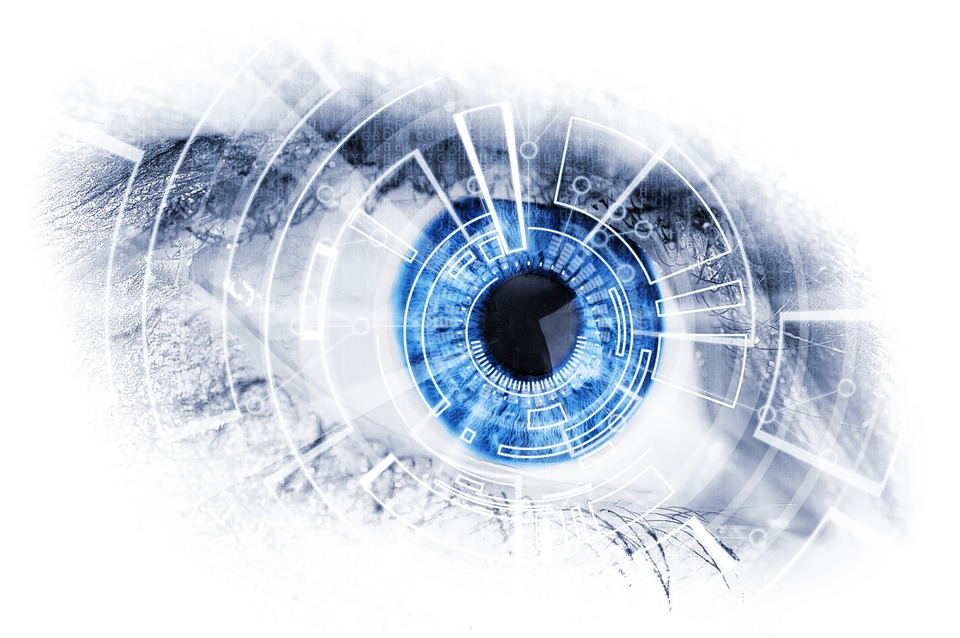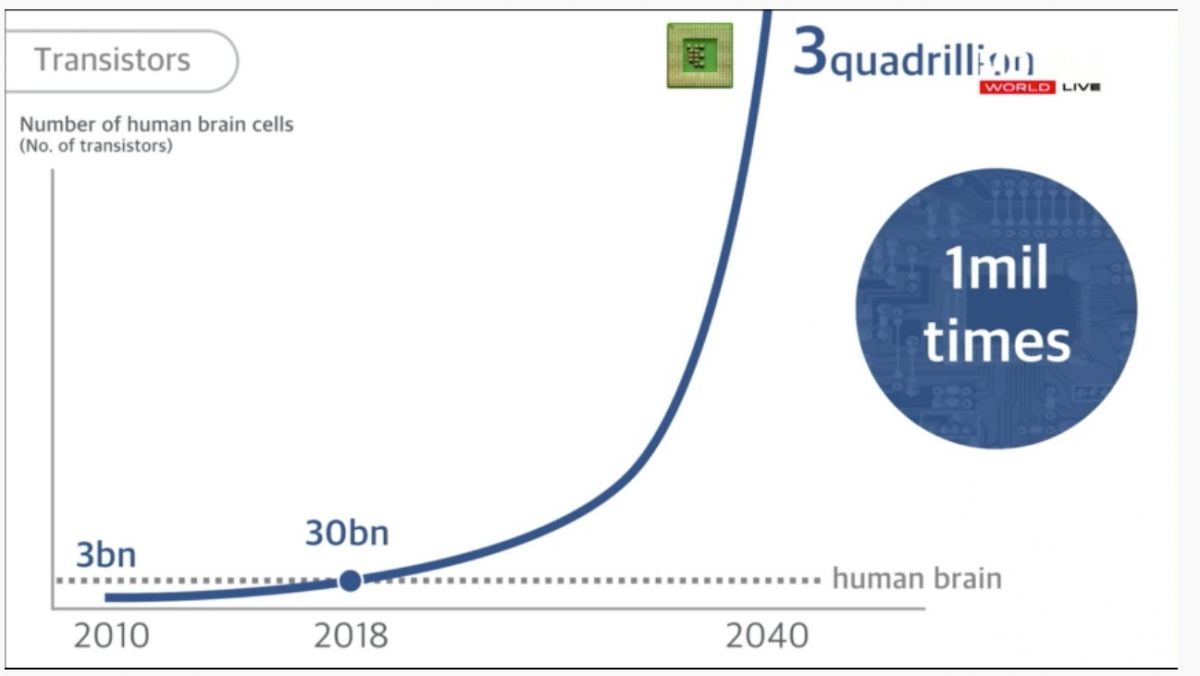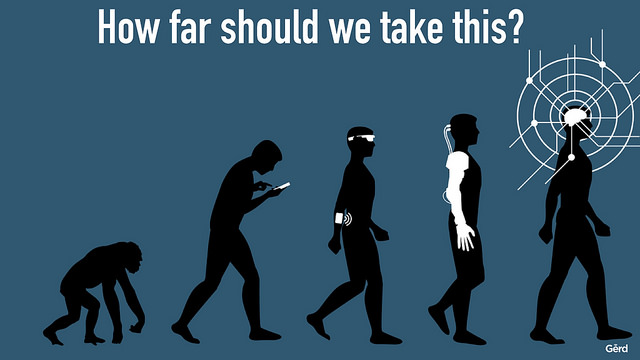Will Machines Ever Out think Humans? Singularity; The Other Side. Vol. 2
Among scientists believing in Futurism1 and in Singularity2, many of them express concerns that Artificial Intelligence one day will become self-aware and the consequences of that are unknown; potentially terrifying.

Futurists’ Predictions about Singularity
Ray Kurzweil
A renowned scientist and futurist, Ray Kurzweil (current Google’s Director of Engineering) has made some unsettling predictions.
“By 2029, computers will have human-level intelligence,” Kurzweil said in an interview with SXSW.
And Kurzweil goes even further, stating that in the year 2045 humans will be able to multiply our intelligence a billion fold by merging with the artificial intelligence created by man.
Masayoshi Son
Kurzweils predictions are shared with the CEO of the Softbank and (presumably) Japan’s richest man, according to Forbes Mr Masayoshi Son.3
Masayoshi expects the singularity around 2047, and he concluded to this year after making a comparison between the number of neurons in the human brain to the equivalent number of transistors found in a computer chip.
Both, he asserts, are binary systems that work by turning on and off
“The point is that mankind, for the last 2,000 years — 4,000 years — has had the same number of neurons in our brain. We haven’t improved the hardware in our brain,” he explained.
“But [the computer chip], in the next 30 years, is going to be one million times more. If you have a million times more binary systems, I think they will be smarter than us.”

The term Singularity derives from ideas that the super intelligent machines of the future will be able to out think us, with unpredictable consequences.
But will the machines be ever self-aware? Will they be able to out think the humans? Perhaps it is time to put ‘neuroscience’ in the table.
Which factor(s) are the futurists not including in their predictions?
Neuroscience4 is the study of how our brain and its nerous systems develops, as well as how it impacts our behavior and cognitive functions.
Here’s what a neuroscientist has to say about Singularity.
So maybe we should hear what people like Professor Dr. Danko Nikolic5 have to say.
Dr Nikolic has been researching human intelligence and has been trying to fill the gap between the brain and the mind. However the last years he has started questioning himself ‘Just how smart can Artificial Intelligence get’?
“Are we really headed towards the so-called technological singularity?”
As a matter of fact Dr Nikolic stood up boldly and stated at a group of AI Researchers that
“You cannot exceed human intelligence, ever”
You can asymptotically approach it, but you cannot exceed it”
Nikolic believes that there is one factor that the AI researchers are overlooking; that there’s more than hardware needed in order to be a good learner; our genes.
He believes that our genes include billions of years of human evolution; therefore even if there are techniques for machines to learn and mimic our brain, they will still miss deeper elements.
Maybe we 've got it all wrong and singularity will arrive in a different form. Scientists who attended the event in Berlin declared that singularity “is better thought of as an acceleration of human progress”. Actually its about merging human and artificial minds in order to “solve real-world problems”
Prof Raja Chatila7
Professor Raja Chatila (Professor and Director of the Institute of Intelligent Systems and Robotics8 at UPMC9) believes that
The technological singularity concept is not grounded on any scientific or technological fact.
Professor Chatila believes that mere computing power (as per Moore’s Law10, which by the way is not a strict low) does not mean mere intelligence by machines.
Our neurons in our brain are about 100 billion11 and what makes humans think and act is their interaction.
Chatila concludes that
“The singularity is a matter of belief, not science.”
Pichai Sundar, Google’s CEO is one of the latest high profile figures to comment on Singularity.
source
As Pichai sais, 2017 was undoubtedly the year of AI and it is expected to grow substantially in the next decades.
In an interview with Kara Swisher from Recode and Ari Melber from MSNBC, Pichai stated, “AI is one of the most important things that humanity is working on. It’s more profound than, I don’t know, electricity or fire.” He continued, “[While fire is good] it kills people, too. They learn to harness fire for the benefits of humanity, but we have to overcome its downsides, too.”
For you who might not know it, the DeepMind 6 an AI research company that was acquired by Google in 2014, launched a new research unit, DeepMind Ethics & Society aiming to (a) help technologists put ethics into practice and (b) to help society in regards to the AI impacts so that it benefits all.
.jpg)
Artificial Intelligence, Thinking Machines and the Future of Humanity (Gerd Leonhard)
Technological Singularity: A divisive topic
At the end it is not about if or when the future super intelligent machines will rule the world; In the ‘singularity’ term there might be a lot of exaggeration and fiction, but overall all diverse parties agree that technology will be able to progress and grow exponentially.
It is a matter of finding how we can use the AI for the good of mankind; Finding cures for incurable diseases, helping countries who face famine and (hopefully), ultimately making our world a better place for everybody.
Sources and further reading
https://futurism.com/separating-science-fact-science-hype-how-far-off-singularity/
https://people.eecs.berkeley.edu/~russell/research/future/
https://foundational-research.org/artificial-intelligence-and-its-implications-for-future-suffering?gclid=Cj0KCQiAnuDTBRDUARIsAL41eDqlxmKv3BeDhi907KzgKIAfC5OciczlXU64K4N7Plhq-k9Dt75MNcYaAhE9EALw_wcB
https://www.wired.com/2008/03/ff-kurzweil-sb/
http://www.ibtimes.com/artificial-intelligence-important-we-have-be-concerned-google-ceo-says-2643824
https://steemit.com/singularity/@alexbeyman/why-i-don-t-believe-in-the-singularity
https://www.inverse.com/article/21220-68-of-a-i-experts-don-t-worry-the-singularity-is-decades-away
https://www.wired.com/2008/03/ff-kurzweil-sb/
https://www.newscientist.com/article/mg22930661-800-vision-of-singularity-questions-ai-intellect/
https://foundational-research.org/artificial-intelligence-and-its-implications-for-future-suffering?gclid=Cj0KCQiAnuDTBRDUARIsAL41eDqlxmKv3BeDhi907KzgKIAfC5OciczlXU64K4N7Plhq-k9Dt75MNcYaAhE9EALw_wcB









Comments